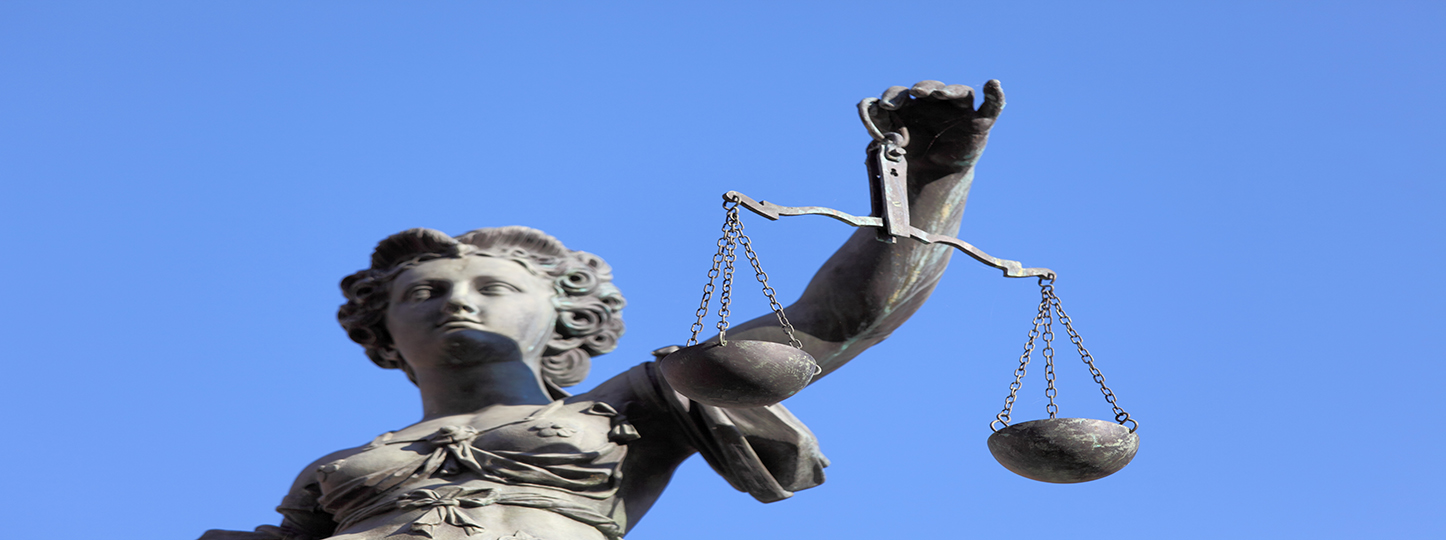Robinson reminded the audience that for more than a decade, Assange has been living with varying restrictions on his liberty.
“This time has included almost seven years in the Ecuadorian Embassy in London where he sought asylum to protect himself from the US extradition request,” said Robinson.
“And for the past two-and-a-half years, he has been in Belmarsh prison while we fight against a US extradition request that is universally condemned by free speech groups and the mainstream media.”
Robinson said the public interest in the Afghanistan publication is undeniable and overwhelming, showing coverups of civilian casualties, that Pakistan intelligence had been arming and training terrorist groups, and the role of the CIA in the conflict.
“But it also showed the American public for the first time what the US government was not telling them: the intervention in Afghanistan was failing,” she said.
“As we argued in Julian’s extradition challenge, WikiLeaks’ mission is to provide the public with the information to ensure government is accountable and to ensure we understand our mistakes and hopefully learn from them.
“The Afghan and Iraq War Logs provided an unprecedented window into the futility of the wars in Afghanistan and Iraq. Assange gave the American and the Australian public information about what our governments were doing in our name.
“As Julian said at an anti-war rally in 2011, ‘if wars can be started by lies, peace can be started by truth’.”
She reminded the audience that Julian had won his extradition appeal and that, if the Biden administration dropped its appeal and the prosecution, Julian would be freed and be able to return home to Australia. Robinson said she was calling upon the Australian government to take action to protect Assange, as an Australian citizen, and the right to freedom of speech.
“I urge everyone to think about how Australians will reflect on Julian’s case in the century to come – about what it says about Australia, what it says about our government, and what it says about us, our society and our democracy,” she said.
Following Robinson’s keynote, RMIT Lecturer, barrister and founding member of the Australian-based Assange Campaign, Greg Barns SC also called on the Australian community to help advocate for Assange’s case.
“This case goes to essence of what it is to be Australian and highlights the moral obligation of the Australian Government to protect citizens who find themselves in these situations, with an effective death penalty," he said.
“As Australians, it’s essential that you involve yourself if you care about these issues-freedom of speech and the importance of transparency."
The annual RMIT Law public lecture, now in its ninth year, celebrates the legacy of politician and Chief Justice George Higinbotham (1826-1892) and explores topical legal issues, in particular, the interaction between the law and society.
Story: Kate Milkins

1.jpg)



